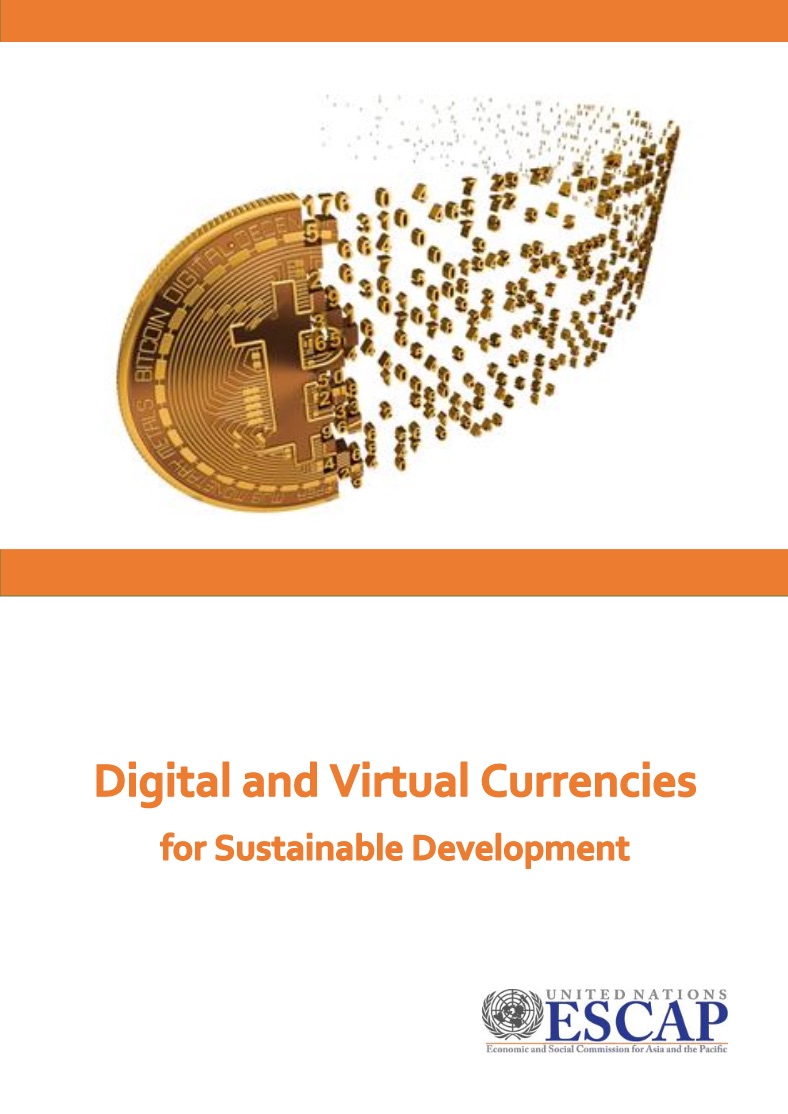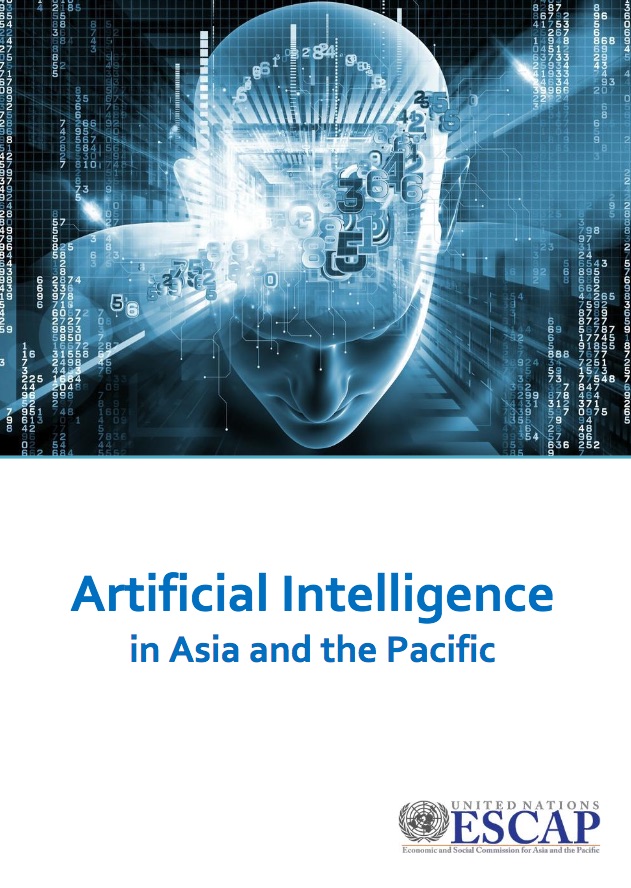Frontier technologies for sustainable development in Asia and the Pacific
As we enter the Fourth Industrial Revolution, a revolution defined by frontier technological breakthroughs such as AI, robotics, 3D printing, and the Internet of Things amongst others, it will be critical that these technologies work for society and the environment as well as the economy if we are to achieve the ambitions of the 2030 Agenda for Sustainable Development.





